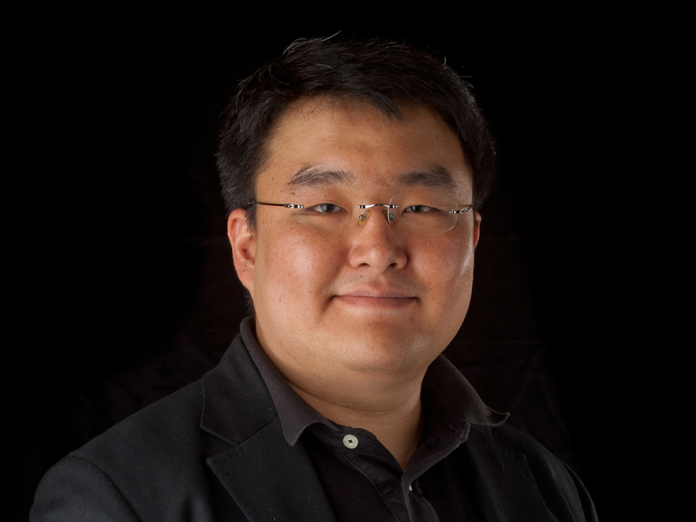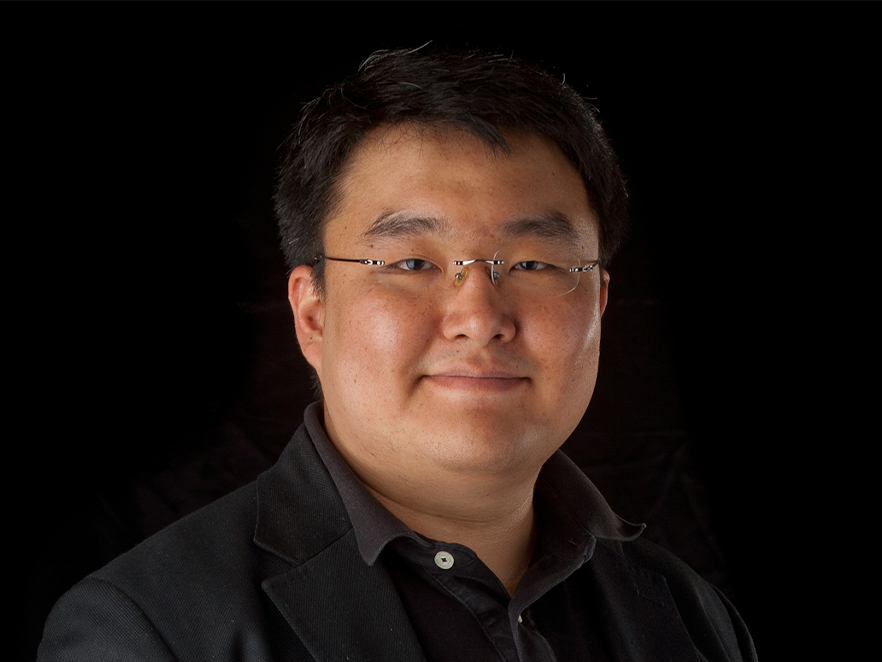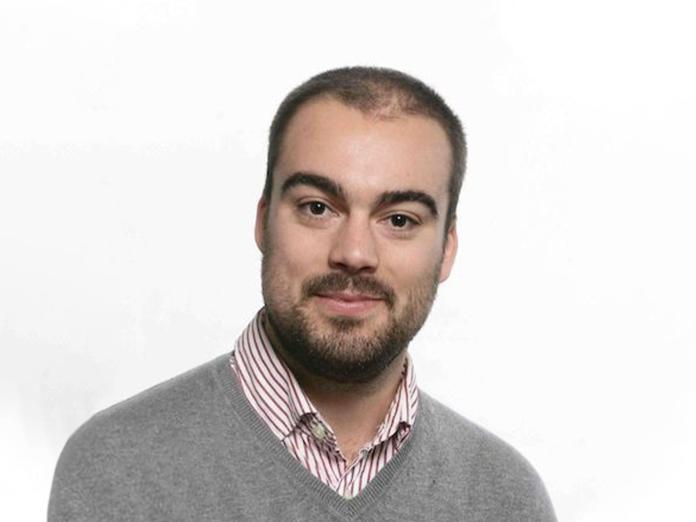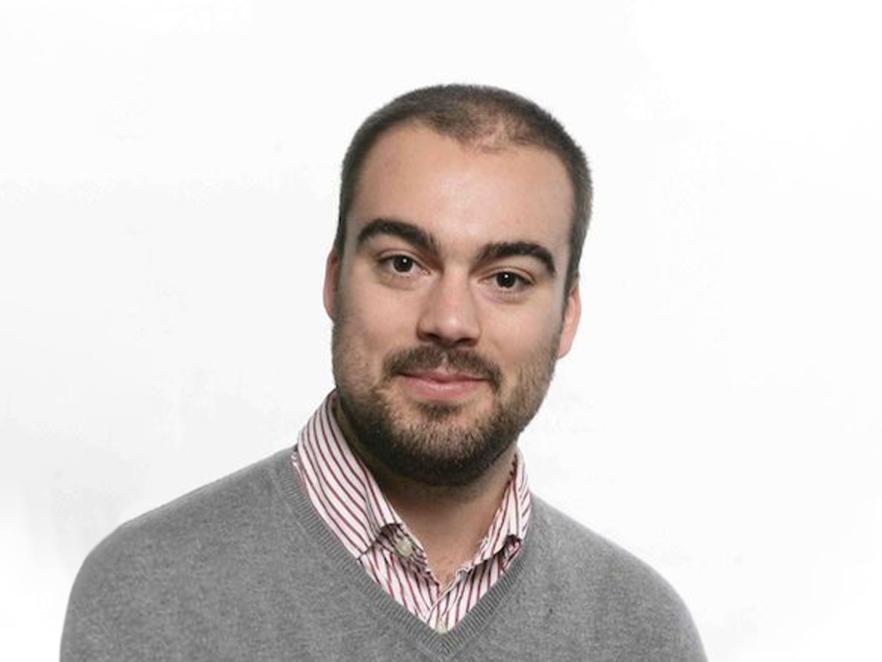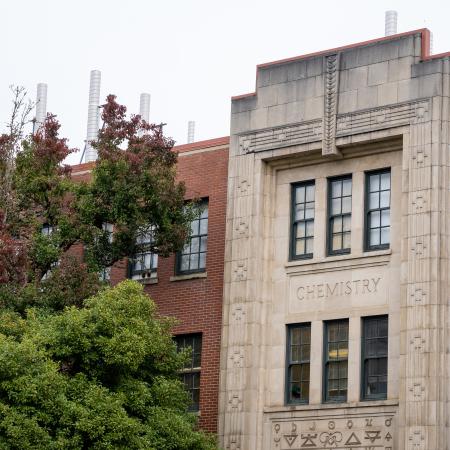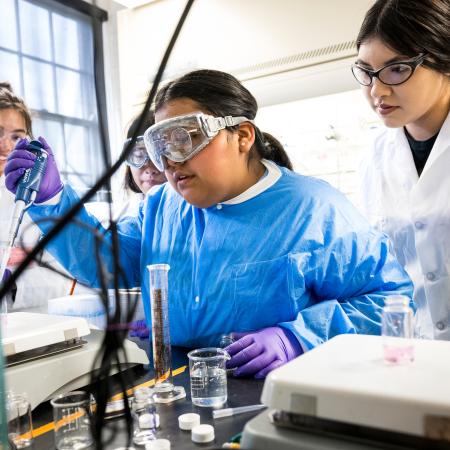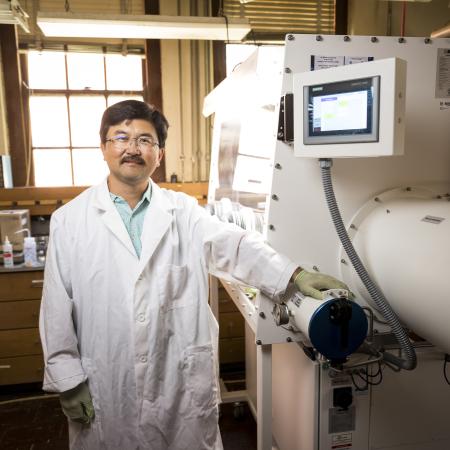Tim Zuehlsdorff
My main research interest lies in developing computational techniques capable of predicting the optical properties of large systems, ranging from solvated dyes to semiconductor nanoparticles and pigment-protein complexes. The approaches I use are based on time-dependent density-functional theory (TDDFT). I have developed a computational approach to linear-response TDDFT that scales linearly with the number of electrons, allowing the study of system sizes far beyond the reach of conventional cubic scaling approaches. I am also a developer of the ONETEP linear-scaling density-functional theory (DFT) package.
A further interest of mine is to study how polarization effects, as well as the coupling of the electronic excitations to nuclear vibrations, influences the absorption and fluorescence line shapes of chromophores embedded in complex environments, such as solvents and photoactive proteins. I am also modeling the influences of the complex environment on non-linear spectroscopy such as 2D electronic spectroscopy (2DES), with a specific focus of how the quantum treatment of complex protein environments alters signatures of vibronic coherences in photoactive proteins.

